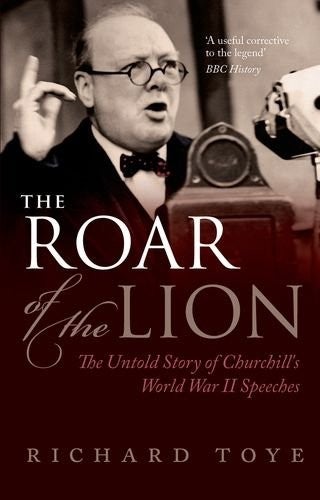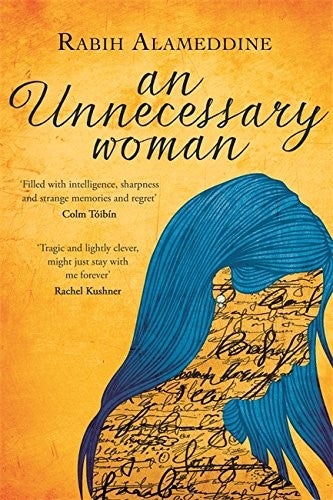Paperbacks of the Year: Part 3, reviewed by Lesley McDowell
'The nobility of heroism in war has been dashed for us ever since Owen and Sassoon’s First World War poems became standard school fare'

Common People: The history of an English Family by Alison Light. Penguin £9.99
Deservedly shortlisted for the Samuel Johnson prize for this family history, academic Alison Light continues to show a preference for lives not so much “unexamined” but certainly filled with work. In 1991, in Forever England: Femininity, Literature and Conservatism Between the Wars, she looked at “middlebrow culture”, most often produced by those who need to make money and work hard to get it, through the likes of Agatha Christie and Daphne du Maurier. Then in Mrs Woolf and the Servants in 2007, she considered more working lives, such as those of Nellie Boxall, Woolf’s cook, and Lottie Hope, the parlour maid.
This latest work might well have been titled “Working People”. The daily efforts of those on her father’s side of the family to find work and hang on to it is both extraordinary and entirely accepted by their class. Labourers, “needle-stampers”, paper mill workers, bricklayers, the Lights of the late 19th and early 20th centuries were grafters indeed. They also moved about surprisingly often – if one place shut down, you simply packed up and went where the work was.
Her mother’s history soon shows up the other side of “work”, of course: the workhouse, where her great-grandmother Flora Murphy ended up with her four children after her husband died. Light records that they stayed there for a full year, and one can only wonder what it was like for them.
“Always that feeling, did it all come to this?” she asks, before answering: “The ending is not the most important part of a life.” For Flora married again, lost her second husband, died at only 52. But she was surrounded by family. Who are we, Light asks, to judge the quality of her life? A packed family history full of wisdom and surprises, it is also a story of real people with real heart.
The Letter Bearer by Robert Allison. Granta £7.99
A year that commemorated the 60th anniversary of the ending of the Second World War has inevitably seen a rash of novels about that era. In among them all, there was one stand-out story. Allison’s novel about a fractious rabble of traumatised army deserters really offered a new perspective.
The nobility of heroism in war has been dashed for us ever since Owen and Sassoon’s First World War poems became standard school fare, so Allison hardly has myths to debunk. But it’s the unnamed central character, who’s in a hot, dry country, who has lost his memory and has only a bag of unsent letters from soldiers in his possession, who makes this story special.
Vulnerable, conflicted, horribly compromised by what he may or may not have seen and done, he emphasises for us how much soldiers are ordinary men asked to do extraordinary things in times of war. Allison paces his novel just right, neither too slow nor too fast, as we follow the men on their journey to a safe place, an apparent impossibility in a world that seems to be on fire. Superbly done.

A Month by the Sea: Encounters in Gaza by Dervla Murphy. Eland £12.99
Intrepid travel journalist and octogenarian Murphy here gives us a detailed account of her 2011 trip to Gaza, where she attempts to describe the daily lives of those under occupation.
It’s inevitably a political book, and an angry one, too, where her own sense of impotence occasionally threatens to blot out the lives of those she’s writing about. But she reminds us is that people are simply trying to live in the same way that the rest of us do, in spite of their conditions.
Murphy never minimises the danger of their lives (too many of those she meets have suffered personal family losses) but by voicing their personal concerns, no matter how seemingly trivial, she brings them closer to those of us who have never been there.
The Roar of the Lion: The Untold Story of Churchill’s World War II Speeches by Richard Toye. OUP £14.99
I never expected even to like this book, never mind nominate it as one of my paperback reads of the year. But it’s possibly one of the most surprising histories I’ve ever read.
It’s almost an unwritten rule that Churchill is seen as a master of rhetoric who roused the country and kept it united and strong. But Toye shows, through the personal views of “ordinary people” recorded through the Mass Observations exercises, that many found him pompous and uninspiring.
Favourite speeches that have passed into living memory now were thought by some at the time to be gloomy and even courting defeat. That we should only know this now, 60 years later, is every bit as remarkable. Essential reading.
An Unnecessary Woman by Rabih Alameddine. Corsair £8.99
It might be easy to dismiss the American-Lebanese author Alameddine as a “writers’ writer”, someone who loves words and takes time to craft them properly, as well as focusing on their power to affect others no matter what the setting. And some of that may be true – it’s words and books that keep professional translator Aaliya going through the violence of her home city of Beirut, and that rescued her when a disastrous marriage might have felled her emotionally.
But Aaliya isn’t a sum of so many words, she’s as real as a fictional woman can be. Words aren’t just her job, they’re her whole life, and Alamedinne shows in moving detail how they offer her a better life than the one she would have had without them.
Join our commenting forum
Join thought-provoking conversations, follow other Independent readers and see their replies
Comments
Bookmark popover
Removed from bookmarks